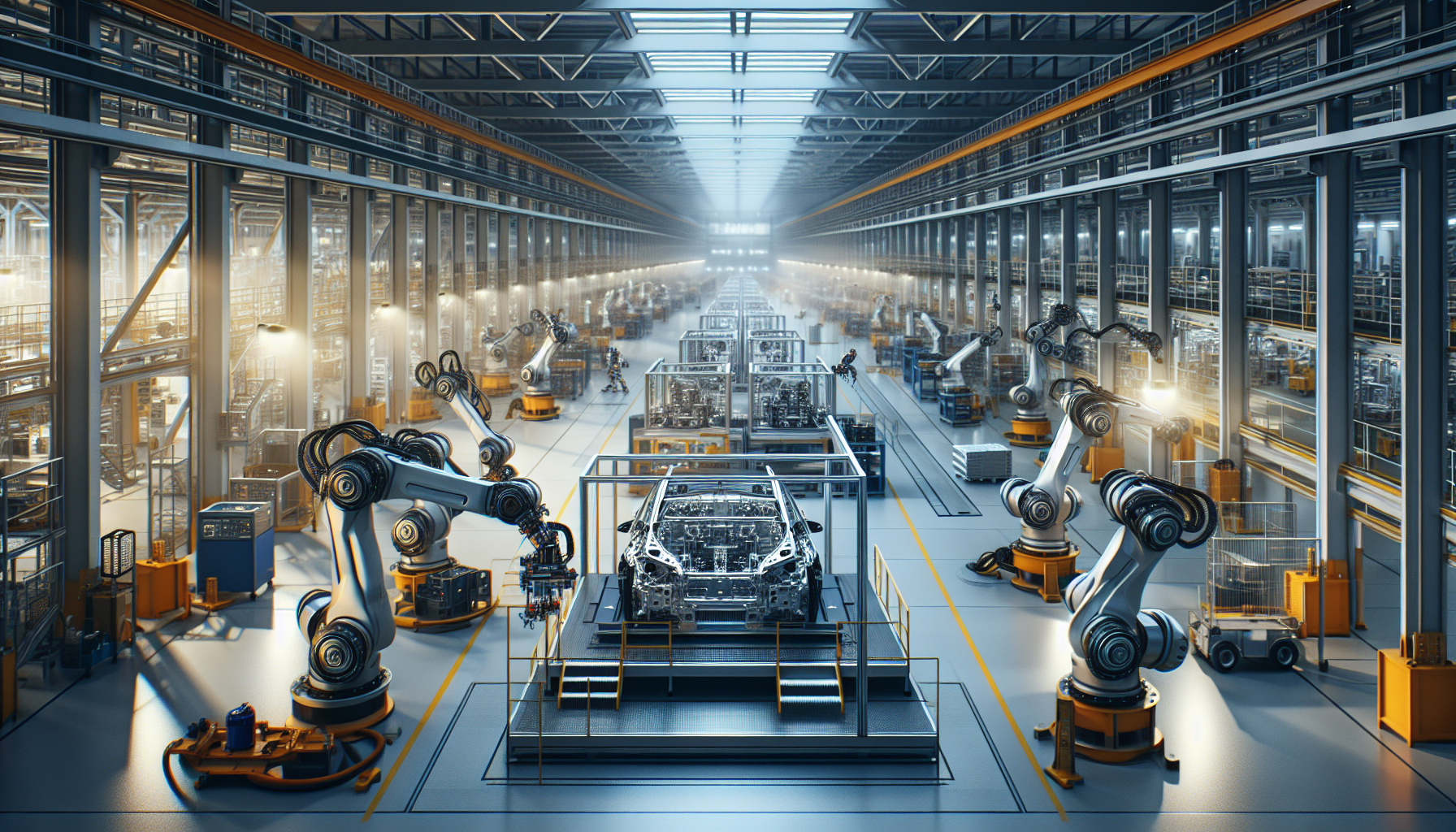In an era where rapid change defines the business landscape, the adoption of industrial automation is a critical shift. Industries ranging from automotive to general manufacturing are seeing reshaped production environments due to advanced machinery and robotics. These technologies are boosting efficiency and significantly enhancing product quality across various sectors.
Driving Innovation through Mergers in Automotive and Manufacturing
The automotive and manufacturing sectors face immense pressure to innovate and adapt. Recently, strategic mergers have been pivotal in fostering technological growth and expanding market reach. These alliances merge diverse skills and resources, leading to innovative product development and optimized processes. Such partnerships strengthen a company’s market stance and significantly improve operational efficiency.
Enhancing Production Lines with Robotics
Robotics have become a staple in manufacturing, known for precision and reliability. Adding robotic systems to production lines reduces human error and speeds up manufacturing processes. In the automotive industry, for instance, robots perform tasks such as welding and painting with high accuracy. This not only ensures product excellence but also boosts production capacity, helping businesses meet increasing market demands efficiently.
Strategic Market Strategies and Business Development
Adaptive market strategies are crucial for companies aiming to excel in the competitive business environment. These strategies are shaped by extensive market research and trend analysis, adjusting businesses to align with consumer demands and upcoming shifts. Such planning is crucial for launching new products or breaking into new markets, providing the data needed for sound decision-making that responds to both present and potential market conditions.
Global Economic Influences on Industrial Markets
The global economy significantly impacts local and international markets, affecting everything from resource pricing and availability to supply chain operations. Notably, changing trade policies can quickly transform the supply chain landscape. Businesses must maintain flexibility, employing adaptive strategies like diversifying suppliers or investing in sustainability to navigate economic fluctuations effectively.
The Future of the Automotive Industry Amid Technological Shifts
The automotive sector is undergoing a technological transformation with the rise of electric vehicles and autonomous driving. These advances are reshaping consumer expectations and pushing the boundaries of traditional industry practices. Companies are required to employ innovative approaches and constant adaptation to keep pace. As technology refines operations and reveals new possibilities, the future of the industry is not only promising but poised for revolutionary changes.
Through the integration of innovative technologies and strategic mergers, the automotive and manufacturing sectors are setting precedents in industrial evolution. These strategies ensure that companies do not just survive but thrive in the competitive modern market.





















